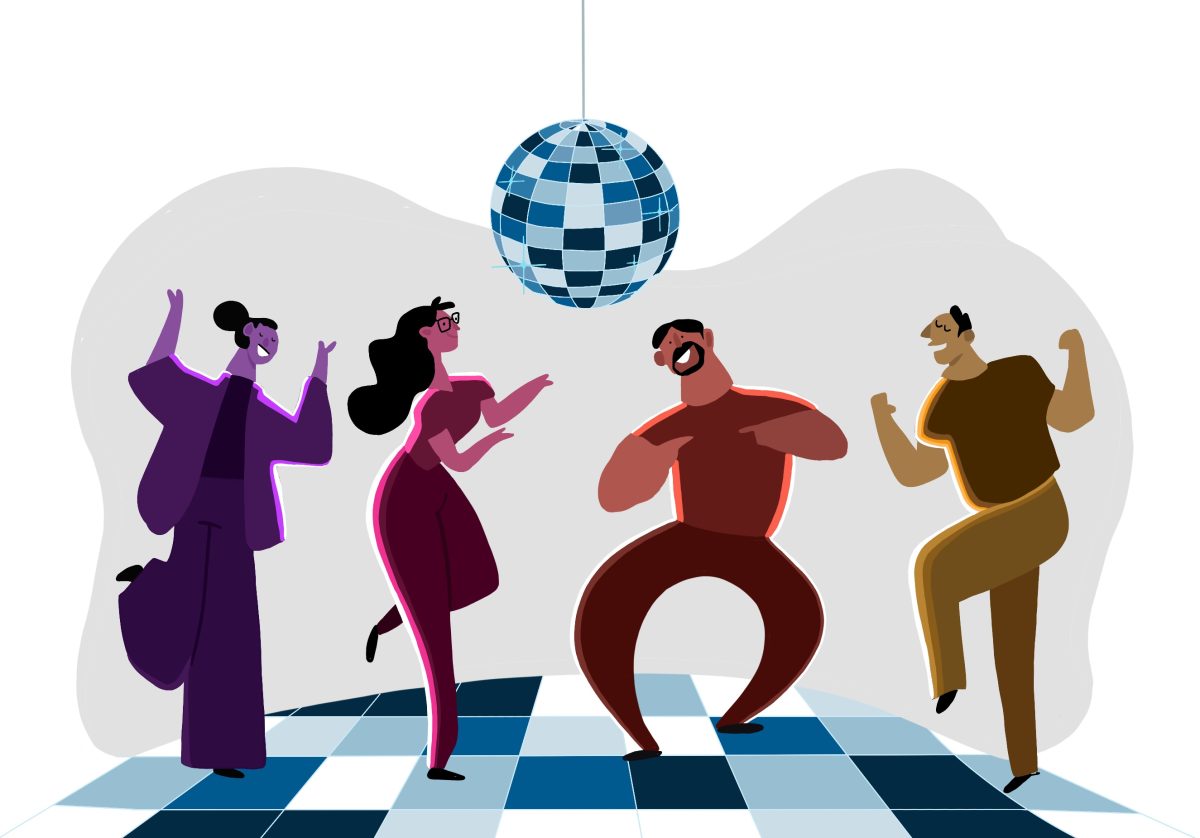Nicaragua is today the most economically polarized country in the Western Hemisphere and among the poorest. The disparity between rich and poor is almost unspeakable. Several months ago I traveled there to give health care, and I have since spent a lot of time considering my role as an American in today’s world.
Outside the clinic in which I worked, an undertow of resent directed toward the United States seethed in the clenched jaws of many Nicaraguans while I personally experienced mostly grace and gratitude overtly. To blame for this antipathy: an appalling legacy of Central American policy at the U.S. Department of State, but also the envy produced by constant reminders of the successes just north.
Nicaragua remains gripped by poverty. It still reels from the relatively recent and unsuccessful revolution led by leftist Sandinistas; on the street, Nicaraguans say little has changed since the revolution of the late 1970s and early 1980s.
Revolutions – Nicaragua’s began in 1979 – are usually about redistribution of wealth and social benefits. Nicaraguan Sandinistas promised the redistribution of land, too. It is reasonable to draw parallels: the Bolsheviks in Russia (1917); Chinese Communists (1949); Castro in Cuba (1959). All were revolutions with similar aims; none were fueled by pure hatred but by a sense of injustice.
Presently in the news: Haiti, first place for poorest in the Western Hemisphere, has been sacked by revolution. While its insurgents are at this point too disorganized to articulate a common vision, all one has to do is see front-page pictures of U.S. Marines planted on the pristine grounds of the sprawling presidential palace to know the thoughts of Haitians clambering to get in through the filigreed front gate: “Where’s my share?”
That those at the bottom of the socioeconomic ladder are rarely content is probably more than historical truism; it might be fundamental to human nature. Evolutionary psychology is where natural and social sciences commingle. One of its pre-eminent scholars, Robert Wright, wrote, “Psychologists found several decades ago that artificially lowering self-esteem (by giving false reports about scores on a personality test) made people more likely to cheat in a subsequent game of cards Ö cheating is an adaptive response, triggered when people are shunted to the bottom of the heap and thus find it hard to get resources legitimately.”
Studies in animals reveal similar trends. A recent study in the journal Nature indicates that a sense of economic fairness might exist in certain monkey species. In studies from the 1970s, chimpanzees with lower social status spent an extraordinary amount of time subverting an established hierarchical order, presumably in desire of gains in social standing and power. Of course, bridging the gulf between animals and humans is notoriously specious, but parallels might be instructive.
Economic inequality has taken a few interesting turns over the last 200 years, and it might help explain why international terrorism has festered so egregiously in countries such as Afghanistan, Syria and Sudan.
A recent article in the American Economic Review tracked changing patterns of global economic inequality. It found that in 1820 only a small fraction of the world’s total economic disparity was between countries. But by 1950, most of poverty’s burden had shifted to particular nations, not co-citizen social groups. In broad terms, globalization caused this shift. Nicaragua’s internal economic disparity represents the wider world reduced to a human scale.
Poverty, the article’s authors worried, is becoming increasingly concentrated in specific countries and regions. Among the hardest hit have been Northern Africa and parts of the Middle East, precisely those regions in which civil strife and terrorism have flourished.
The United States allocates a smaller proportion of its budget to foreign aid than most other Western nations, yet its defense budget towers over others’. To sever the roots of human conflict – and with it terrorism – we must redefine our priorities.
Abram Burgher is a University medical student. He welcomes comments at [email protected]
















